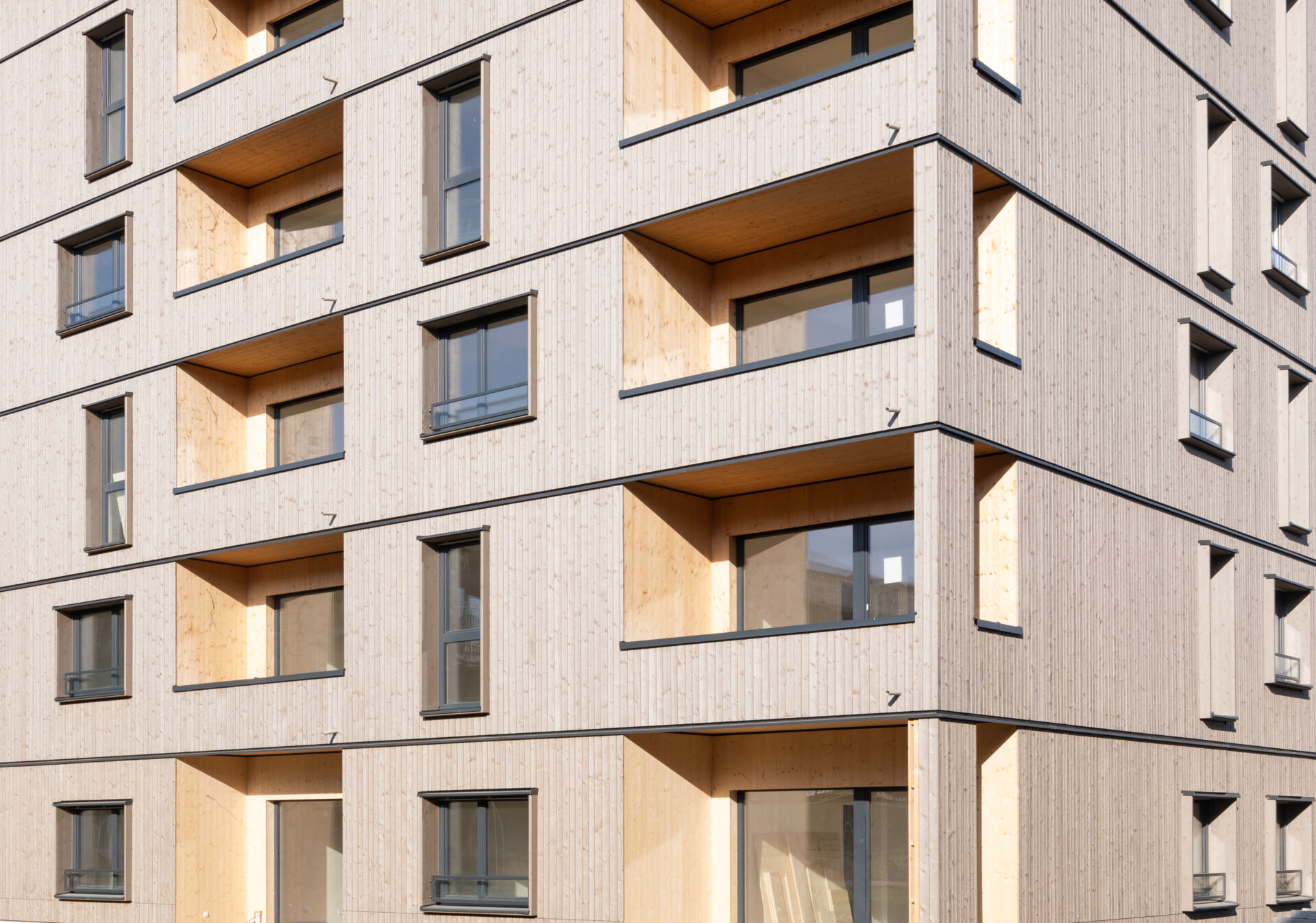RERAM
- Sustainable improvement of the use of resources in the forestry and timber industry
Resource efficiency and raw material consumption in the timber industry as part of the European Neighbourhood Policy (ENP)

RERAM’s main objective is to improve Resource Efficiency and Raw Material consumption of the forest-based sector in Eastern Europe (ENP-EaP European Neighbourhood – Eastern Partnership countries) by bridging eminent gaps between Research 2 Innovation (R2I) among SMEs, science and authorities.
Therefore RERAM addresses the EU2020 Societal Challenge of ‘Climate Change, Resource Efficiency and Raw Materials’ with a focus on the following objectives:
- Raise awareness on resource efficiency potentials along the regional value added chain forestry → primary wood processing → secondary wood manufacturing.
- Optimize conversion pathways of wood raw materials in SMEs by introducing innovative technologies, production processes, and planning methods.
- Promote the competitive research potential of innovation clusters by introducing new business models, cleaner products and collaborative processes with a focus on ‘living and building with wood’.
- Enhance regional to international collaboration in knowledge value chains by promoting joint action, transfer of knowledge and outreach between R2I actors, delivering instant and tangible results to end users communities.
To respond to the evident widespread lack of knowhow on eco-efficiency in the ENP-EaP forest-based sector, and to raise awareness for the problem and practical solutions among woodworking companies, the RERAM team accomplished the following main outcomes.
The renaissance of wood as a renewable resource leads to a globally increasing demand and more and more non-sustainable exploitation of forests, especially in the Eastern European countries Ukraine, Moldova and Georgia (ENP-EaP). Preserving natural forests and fostering sustainable use of wood to ensure their key role in climate protection is one of today’s grand societal challenges. Wood is an astonishingly versatile raw material: it is at the same time renewable, recyclable, reusable and refineable, offering a multitude of environmentally friendly products to society, such as construction, furniture, flooring, interior, paper products, bioenergy and innovative bio-chemical products. Using wood efficiently is good to substitute fossil fuels or energy-intensive materials and is therefore an active contribution to climate protection.
RERAM’s goal is to improve raw material consumption in the forest-based sector through adapted solutions for resource efficiency. Saving resources is important for the SMEs to
become competitive and reduce environmental impacts. In general managers are not aware that inefficient processing and low maintenance generate high losses of wasted material and energy, which in fact sum up high, hidden costs. RERAM developed an instructive training programme and hands-on reality checks for efficiency coaching of SMEs. 19 woodworking companies benefited directly from practical checks and knowhow to improve environmental performance of their businesses.
The RERAM Handbook and Toolkit offers a practical guide for managers and technical personnel on how to implement a tangible self-check of their company. It introduces Cleaner Production principles, effective tools and improvement options that can leverage a variety of common saving potentials in the woodworking industry. RERAM has demonstrated that
resource efficiency and sustainability represent smart win-win solutions for business and the environment and offer a real opportunity for SMEs in Eastern Europe.
Project aim
Sustainable improvement of the use of resources in the forestry and timber industry
Project consortium
The project was funded by the European Commission’s FP7 programme from 2014 – 2016 and carried out by a cooperation of 11 organisations based in Germany, Austria, Belgium, Poland, Ukraine, Moldova and Georgia.
Projectduration: 2014 – 2016
EU FP7 Project Nr. 609573

